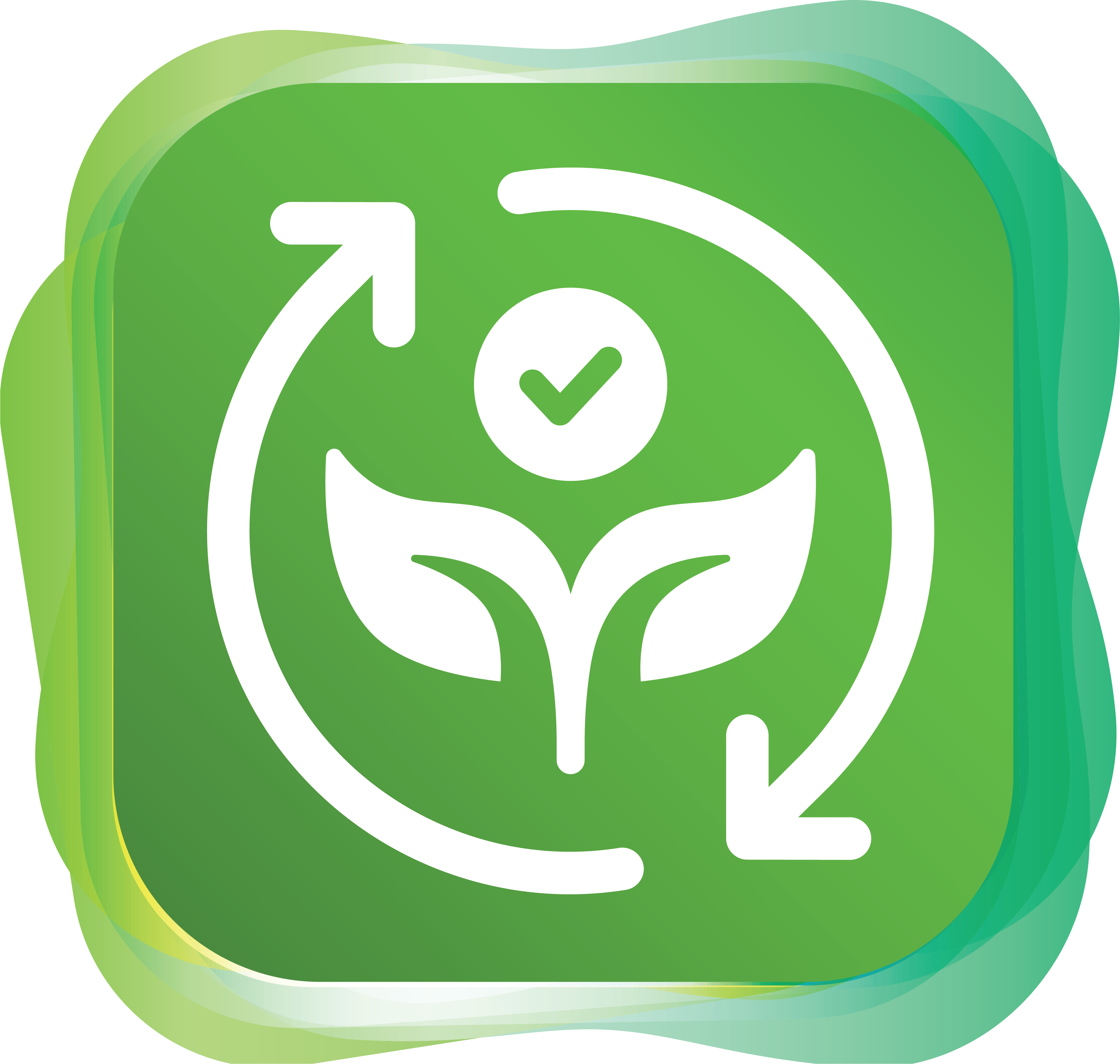 |
CCGL9082 Global IssuesSustaining Sustainability: Innovations for Policies and GovernanceThis course is under the thematic cluster(s) of:
|
Course Description
This course takes a forward looking, solutions-orientated approach to addressing sustainability issues across spatial and governance scales. Specifically, it covers new and innovative advances and developments in the sustainability arena and considers how these can be related to policy, policymaking and governance, with a focus on the intersections between society, science and technology, from the local to global level.
The course utilises case studies, a field trip, electronic tools and platforms (e.g. gen-AI and simulations) and engage in debates and discussions to fully explore the interconnections and complexities involved in sustainability challenges and responses. Sustainability is an issue of increasing prominence in students’ everyday lives, through the learning material, students are provided with a better understanding of the different facets of this concept to better understand intricate relationships and the complexities involved with crafting effective responses. This course includes providing insights into how local impacts can make a global difference, as well as how international decisions can have local consequences, to enable students to better understand their own position in global society. The focus on solutions and new advances in this area equips students with practical knowledge and understanding that can empower them in engaging and tackling sustainability issues.
[A compulsory field trip to Pak Nai will be scheduled for October 16, 2024 (approx. 12:30 – 18:00 hrs)]

Course Learning Outcomes
On completing the course, students will be able to:
- Analyse the intersections between science, community and policy and reflect on the implications of these relationships for sustainability and governance.
- Critically evaluate the different ways that sustainability-orientated initiatives can be approached and implemented and how such initiatives can influence policy.
- Relate how sustainability challenges, and the sustainability-orientated advances discussed in this course can both originate from and impact local communities, and reflect on what this means for societies in general.
- Debate the applicability and suitability of different approaches and innovations aimed at enhancing local, regional and global sustainability, recognise potential strengths and weaknesses and hypothesis how these can be enhanced or improved.
Offer Semester and Day of Teaching
First semester (Wed)
Study Load
| Activities | Number of hours |
| Lectures | 24 |
| Tutorials | 8 |
| Fieldwork / Visits | 6 |
| Reading / Self-study | 50 |
| Assessment: Essay / Report writing | 16 |
| Assessment: Presentation (incl preparation) | 16 |
| Assessment: In-class test | 4 |
| Total: | 124 |
Assessment: 100% coursework
| Assessment Tasks | Weighting |
| Group presentation | 40 |
| Individual assignments | 40 |
| Tutorial, lecture and field trip participation | 20 |
Required Reading
Journal articles and book chapters:
- Harris, P. G. (2021). Pathologies of Climate Change: International Relations, National Politics and Human Nature. Cambridge University Press. [Chap 8 “Reconsidering international, national and human governance”, Chap. 10 “Policies and Prospects for Climate Governance”]
- Martin, J. G., Scolobig, A., Linnerooth-Bayer, J., Liu, W., & Balsiger, J. (2021). Catalyzing innovation: governance enablers of nature-based solutions. Sustainability, 13(4), 1971.
- Zerbe, S. (2023). Introduction to Restorative Ecology. Restoration of Ecosystems – Bridging Nature and Humans: A Transdisciplinary Approach. Springer: Germany.
Media and databases:
- Perry, N. (2017). What’s the economic value of the Great Barrier Reef? It’s priceless. The Conversation. From https://theconversation.com/whats-the-economic-value-of-the-great-barrier-reef-its-priceless-80061
- UNDP Equator Initiative. Nature-Based Solutions Database. From http://www.equatorinitiative.org/knowledge-center/nature-based-solutions-database/
- Wernberg, T., Hobday, A., Johnson, C., Poloczanska, E., Bennet, S., & Connell, S. (2015). Australia’s ‘other’ reef is worth more than $10 billion a year- but have you heard of it? The Conversation. From https://theconversation.com/australias-other-reef-is-worth-more-than-10-billion-a-year-but-have-you-heard-of-it-45600
Course Co-ordinator and Teacher(s)
| Course Co-ordinator | Contact |
| Dr J.M. Williams Centre for Civil Society and Governance, Faculty of Social Sciences |
Tel: 3917 1446 Email: jw852@hku.hk |
| Teacher(s) | Contact |
| Dr J.M. Williams Centre for Civil Society and Governance, Faculty of Social Sciences |
Tel: 3917 1446 Email: jw852@hku.hk |
| Professor B.D. Russell School of Biological Sciences, Faculty of Science |
Tel: 3917 3680 Email: brussell@hku.hk |

